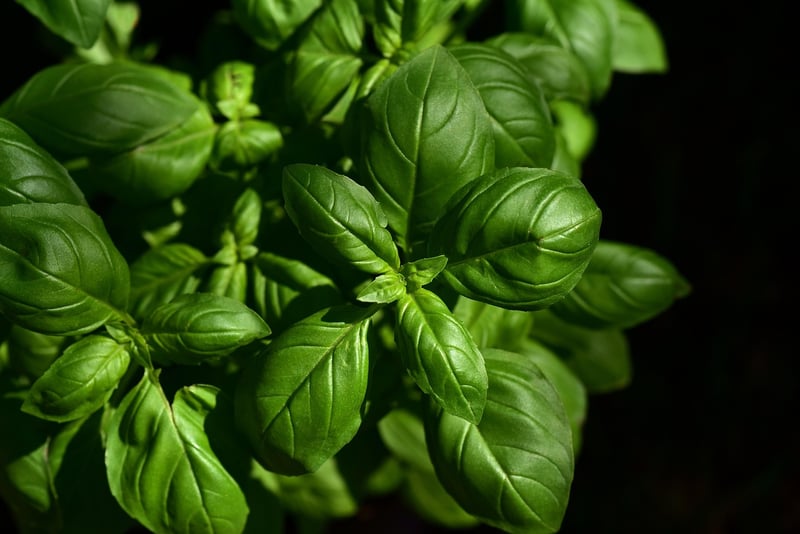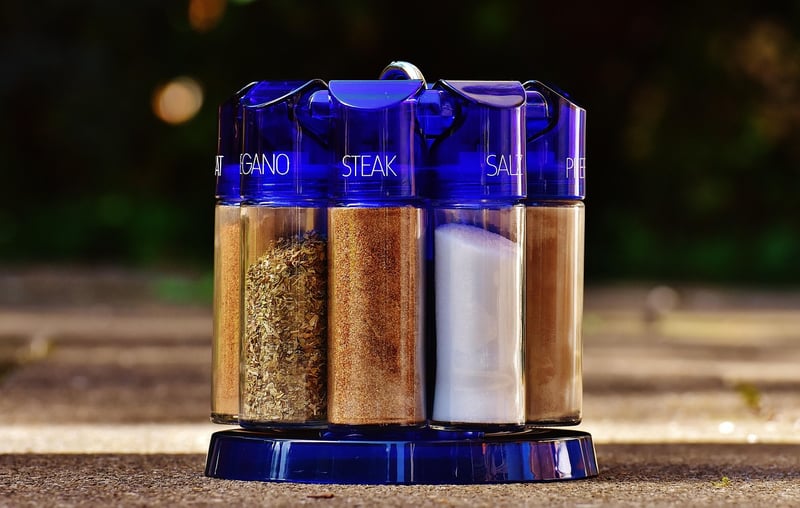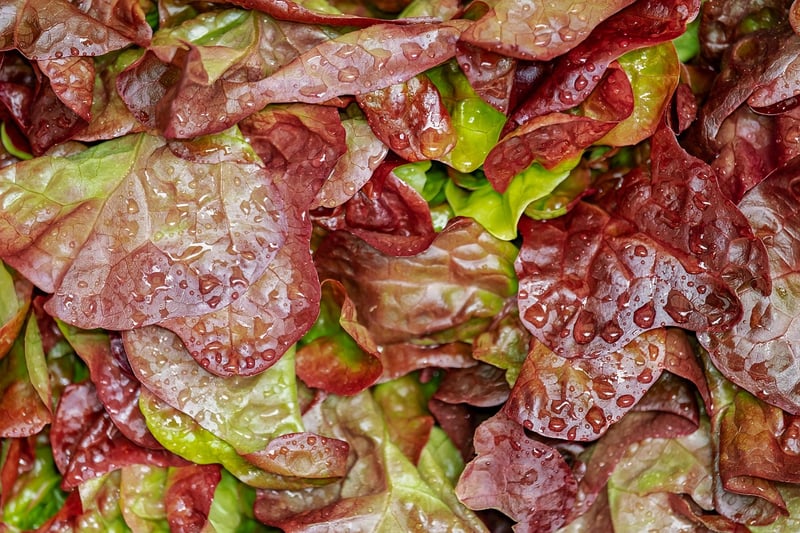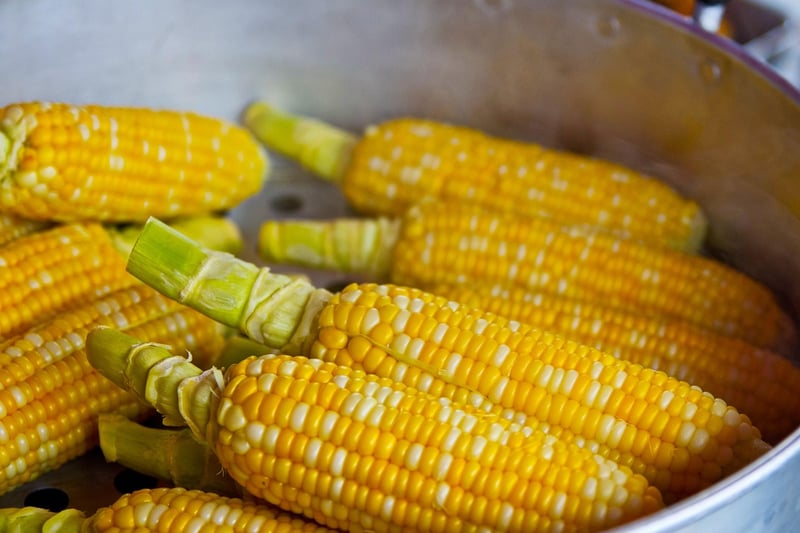Ingredient Substitutions
Enhance Your Cooking Skills + Ingredient Substitutions
Cooking is an art that requires skill, creativity, and a willingness to experiment with different flavors and ingredients. Whether you are a seasoned chef or a beginner in the kitchen, there are always ways to enhance your cooking skills and take your dishes to the next level. In this article, we will explore some tips and tricks to help you improve your culinary expertise while also delving into ingredient substitutions for those times when you run out of a key component.
1. Experiment with Herbs and Spices
Herbs and spices are the backbone of flavorful cooking. Try using a variety of herbs and spices in your dishes to elevate the taste profile. Whether it's fresh basil in a tomato sauce or smoked paprika in a stew, don't be afraid to get creative with your seasonings.
2. Master Basic Cooking Techniques
Understanding basic cooking techniques like sautéing, roasting, and braising can significantly improve the quality of your dishes. Practice these techniques regularly to build your skills and confidence in the kitchen.
3. Invest in Quality Ingredients
The quality of your ingredients can make or break a dish. Whenever possible, opt for fresh, locally sourced ingredients to ensure the best flavor and nutritional value in your cooking.
4. Learn About Flavor Profiles
Understanding flavor profiles is essential for creating well-balanced dishes. Experiment with sweet, salty, sour, and umami flavors to create complex and delicious meals.
Ingredient Substitutions:
1. Eggs
For baking, you can substitute one egg with 1/4 cup of applesauce or a mashed banana to add moisture and binding properties to your recipe.
2. Butter
Replace butter with coconut oil or olive oil in a 1:1 ratio for a healthier alternative in both cooking and baking.
3. Milk
For dairy-free options, substitute cow's milk with almond milk, coconut milk, or soy milk based on your flavor preferences.
4. All-Purpose Flour
Whole wheat flour, almond flour, or coconut flour can be used as substitutes for all-purpose flour depending on the recipe and desired texture.
Conclusion
By incorporating these tips into your cooking routine and being open to ingredient substitutions when necessary, you can enhance your culinary skills and create delicious dishes that will impress family and friends. Remember, cooking is a journey, so don't be afraid to try new things and experiment in the kitchen!




